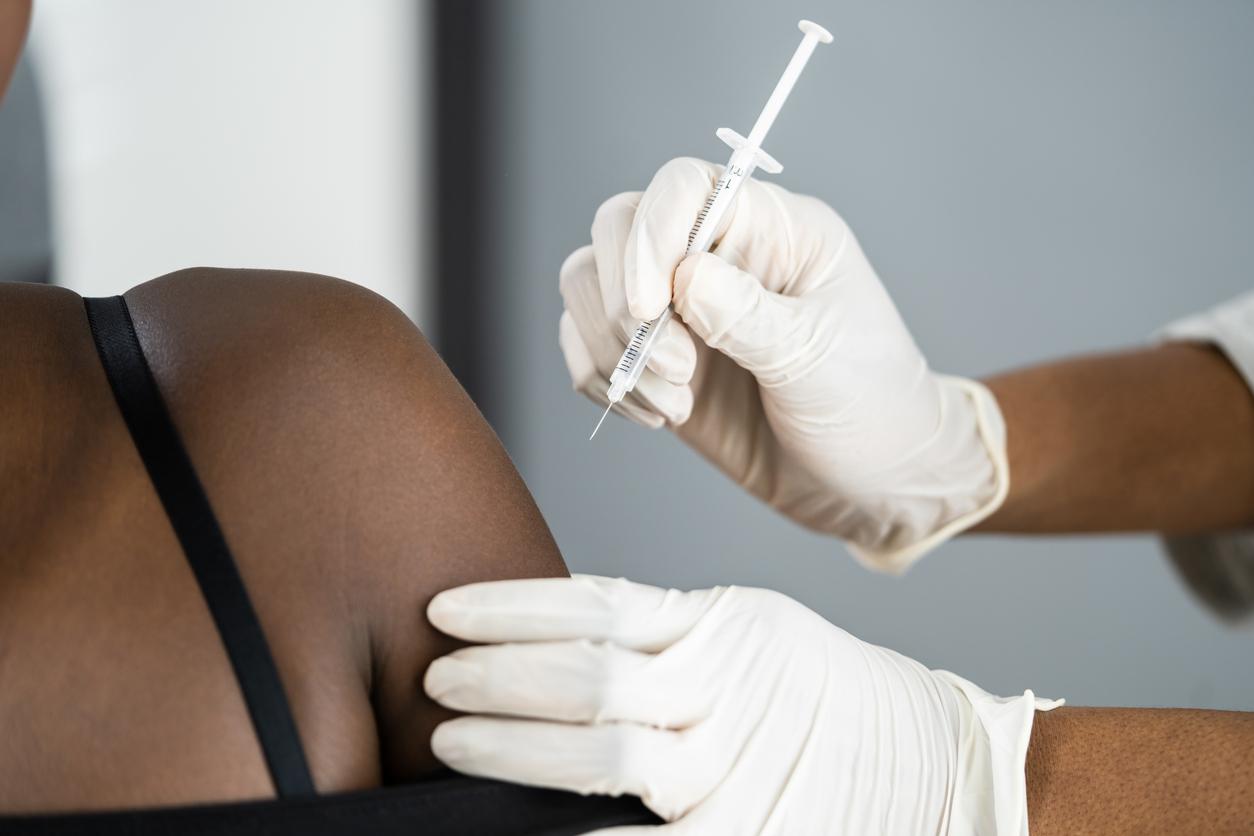
A survey of African adults found a significant level of hesitancy toward mpox vaccination, both for themselves and for their children, researchers reported this week in eClinicalMedicine.
The survey, conducted among 1,832 adults from Uganda, Nigeria, Morocco, Egypt, Kenya, and South Africa from October 1 to 10, 2024, found that 32.7% (95% confidence interval [CI], 25.4% to 40%) were reluctant to receive the mpox vaccine, and 38.9% (95% CI, 30.2% to 47.6%) of parents were reluctant to have their children vaccinated against mpox. Respondents who had lower education levels, were unemployed or single, had a lower household income, practiced safe sex, had not been infected with mpox, and had no children exhibited higher rates of hesitancy.
After adjusting for covariates, respondents who had never been vaccinated against other diseases had a 2.66-fold (95% CI, 1.67 to 4.26) higher risk of mpox vaccine hesitancy for themselves and 2.16-fold (95% CI, 1.42 to 3.30) higher risk of hesitancy for their children than those who had been vaccinated against other diseases. Compared with respondents with high vaccination readiness (openness) and a history of other vaccinations, populations with low vaccination readiness and no history of other vaccinations exhibited the highest risk of mpox vaccination hesitancy for themselves (pooled odds ratio [OR], 7.83; 95% CI 3.28 to 18.70) and for children (pooled OR, 12.55; 95% CI 7.38 to 21.33).
Vaccination readiness
However, the survey also showed that high vaccination readiness—assessed via the 7Cs model (confidence, complacency, constraints, calculation, collective responsibility, compliance, and conspiracy)—might offset lack of vaccination experience. Populations with high vaccination readiness and no history of other vaccinations demonstrated a 2.28-fold (95% CI, 1.05 to 4.94) higher risk of mpox vaccination hesitancy for themselves but not for children.
Although Africa is the epicenter of an mpox outbreak that began in 2022, a recent meta-analysis found that mpox vaccine uptake in Africa was only 5% in 2023.
"This study suggests that regions in Africa with low immunisation coverage should continue to enhance vaccination education and improve vaccination readiness to reduce mpox vaccination hesitancy and promote the mpox vaccination program," the study authors wrote.












